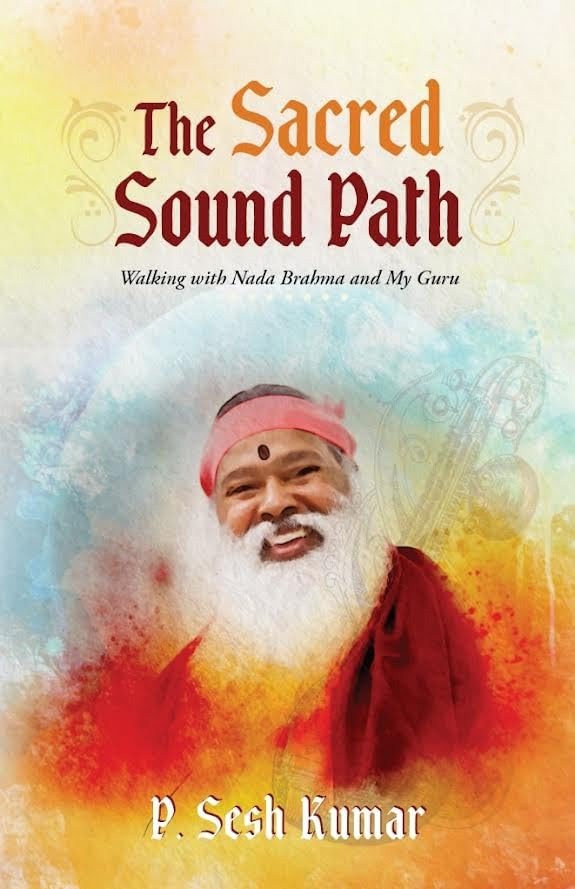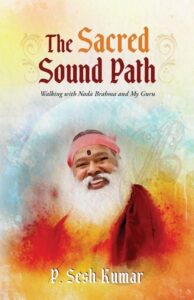Subhas Bose: Flawed nationalist
Ravi Shanker Kapoor | April 21, 2015 4:17 am
The recent disclosure that the Jawaharlal Nehru government snooped on Subhas Chandra Bose’s kin has triggered another round of what-if speculation—what if World War II had ended a bit differently, what if Japan had not surrendered so abjectly and so unexpectedly, what if Bose had come back, etc. The speculation is accompanied with Bose’s glorification. However, in this din we should not forget the unsavory facts about him.
Yes, Bose was an ardent nationalist, a man of action. But this should not blind us to the fact that he had joined hands with some of the worst tyrants and militarists. He met Hitler during the Second World War and collaborated with the Axis power Japan, yet few in India have found much wrong in his dalliance with the greatest evil of modern times—Nazism. He continues to be revered in India as a hero. Many in India bemoan the fact that he is a “forgotten” hero, the subtitle of a Shyam Benegal movie.
Contrast this with the Western attitude towards Nazism and fascism. Consider the case of Martin Heidegger (1889-1976). He was one of the profoundest philosophers of the twentieth century who influenced thinkers as diverse as Left-leaning existentialist Sartre, social critic Marcuse, deconstruction guru Derrida, and theologian Paul Tillich. But his close association with the Nazis has earned him eternal opprobrium.
In India, on the other hand, we don’t even examine the ideas and ideals Bose stood for. It should be remembered that Bose’s association with fascism was not merely tactical—based on the adage that ‘the enemy’s enemy is a natural friend’; it was rooted in his political philosophy, which saw many merits in fascism. In The Indian Struggle, Bose wrote that the “the next phase in world history will produce a synthesis between communism and fascism. And will it be a surprise if that synthesis is produced in India?”
What will be the basis of this synthesis? In the words of the supposed forgotten hero, “Both communism and fascism believe in the supremacy of the state over the individual. Both denounce parliamentary democracy. Both believe in party rule. Both believe in the dictatorship of the party in the ruthless suppression of all dissenting minorities. Both believe in a planned industrial reorganization of the new country. These common traits will form the basis of the new synthesis.”
Notice how blasé Bose is about Nazi traits: “supremacy of the state over the individual,” denunciation of parliamentary democracy, dictatorship of a single party, “the ruthless suppression of all dissenting minorities,” socialist planning (the bane of Indian economy that reformers want to be dispensed with). But he continues to be hailed as a hero, not just because we are a nation of hero-worshippers but also because Bose was a Leftist and the Left enjoys tremendous intellectual hegemony. As for the Right, or whatever passes in its name, often it unthinkingly follows the doctrines, theories, and even the fetishes of the Left—while slamming Marxism as an abominable import. Besides, the Sangh Parivar is busy these days appropriating all nationalist icons—Gandhi, Patel, Ambedkar, and now Bose.
So, the nationalists valorize and eulogize Bose no end. As a story in The Times Of India (August 11, 2014) said, “The nationalist narrative has long projected the Second World War as a clash between the patriots of the Indian National Army (INA), supported by the Japanese Empire, and the evil British Empire. The soldiers of the Indian Army who fought for the British are immediately dismissed as stooges of the Raj. But the refusal of many who were taken prisoner to renege on their oaths of loyalty in the face of extreme torture also showed remarkable bravery.”
Those who refused were destined for torture in the Japanese concentration camps, said the TOI story. “They were first sent to transit camps in Batavia (now Djakarta) and Surabaya from where they were packed off to New Guinea, New Britain, and Bougainvillea.”
The INA’s proclamation was also a testimony to Bose’s dictatorial streak: “If any person fails to understand the intentions of the Provisional Government of Azad Hind and the Indian National Army, or of our Ally, the Nippon [Japanese] Army, and dares to commit such acts as are itemized hereunder which would hamper the sacred task of emancipating India, he shall be executed or severely punished in accordance with the Criminal Law of the Provisional Government of Azad Hind and the Indian National Army or with the Martial Law of the Nippon Army.”
Even before capturing power, Bose had chalked out the rules and regulations of the proposed Gulag, Auschwitz, and Dechau—which, in a way, was not astonishing, given the company he kept. The cruel manner in which Bose’s allies treated the prisoners of war and the populace in occupied territories is well known and thoroughly documented. Indian PoWs, who surrendered to the Japanese, were no exception. “Very often, work parties of haggard men would be taken away from the camps to the shooting range where they would be used as live targets for new Japanese infantry recruits to improve their marksmanship. Soldiers who were not killed in the firing but wounded were bayoneted to death.”
TOI quoted a Reuters report of April 2, 1946, which read: “The Japanese Lieutenant Hisata Tomiyasu found guilty of the murder of 14 Indian soldiers and of cannibalism at Wewak (New Guinea) in 1944 has been sentenced to death by hanging, it is learned from Rabaul.”
It may be argued that Bose did not know how his allies treated his fellow countrymen. If true, his ignorance would have been astonishing and monumental, given the notoriety of Japanese militarists even before World War II commenced. For instance, the Nanking Massacre alone proved beyond doubt the brutality of the Imperial Japanese Army. Starting December 13, 1937, when Nanking, then the Chinese capital fell, it continued for six weeks. According to the International Military Tribunal of the Far East 1948, more than 200,000 Chinese were killed.
Given Bose’s predilection for totalitarianism and his actions, it would be more convincing to say that he chose to turn a blind eye to the misdeeds of his sponsors. I shudder to think the what-if scenario: what would have been the plight of India had, by some quirk of fate, Bose succeeded in defeating the British and World War II ending in the victory of the Axis powers or even a draw? It would have been a situation akin to jumping from the frying pan to the fire, for the militarist Japs were infinitely worse than the cruelest and most racist of British imperialists.
This is not to say that Bose was an ogre, or that the treatment meted out to him by Nehru and other Congress leaders is justified. But, while lauding Bose for his virtues, we not forget his weaknesses.































